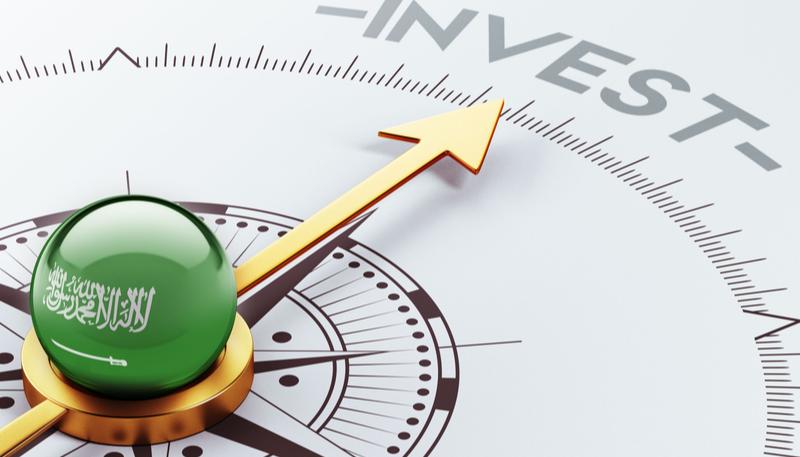
Foreign Direct Investment (FDI) into Saudi Arabia grew 20% y/y to USD 5.5bn in 2020, the highest level since 2016. Moreover, 2020 was the first year since 2015 when inward FDI was greater than outward FDI, albeit only slightly. Between 2016 and 2020, almost USD 54bn was directly invested abroad (in addition to USD 138bn in outward portfolio investment and USD 182bn in the acquisition of other financial assets).
The government has made attracting foreign investment a priority in recent years, recognizing that private investment will be needed to achieve the ambitious growth, diversification and employment goals of the Vision 2030 plan. To this end, the authorities have revamped around half of the 400 regulations governing FDI into the kingdom, according to the minister of investment, which helped drive 13% growth in the number of new licenses issued to foreign companies last year despite the pandemic. They have also adopted more of a “stick” approach recently, announcing in February this year that from 2024, the government would only award contracts to foreign companies that had their regional headquarters in the kingdom.
 Source: Haver Analytics, Emirates NBD Research
Source: Haver Analytics, Emirates NBD Research
However, while it increased last year, inward FDI remained well below what the government had been hoping to achieve – the 2019 target was USD 10bn and there had been talk of doubling this for 2020 before the pandemic.
It is perhaps unsurprising that there has been a marked shift towards boosting domestic investment in the kingdom in the face of lower than expected inward FDI over the last few years. In Q4 2020 it was announced that the Public Investment Fund (PIF) would invest at least USD 40bn annually in the domestic economy through 2025 across a range of non-oil sectors including aerospace and defence, transport and logistics, food, healthcare, renewables, entertainment and leisure and more. This year, the PIF investment – if fully executed - will more than offset the cuts to capital spending in the government’s budget.
At the end of March, Saudi Arabia’s crown prince announced a new “Shareek” (Partner) programme worth SAR 12tn (USD 3.2tn) of new investment by 2030. Around 40% of this would come from private sector businesses within Saudi Arabia which would be encouraged and incentivized to reduce dividend payments to shareholders and instead redirect these funds to investments. The crown prince estimated that corporate investment in lieu of dividends could see an additional USD 1.3tn invested domestically over the next decade.
In this programme, the total investment domestically by PIF would reach SAR 3tn (USD 800bn) by 2030, more than double the minimum USD 40bn per annum investment previously committed. Details of the remaining SAR 4tn of investment have not been made available yet, but will fall under a National Investment Strategy (NIS).
It is unclear how the PIF and NIS portions of this investment program will be financed, and the corporate component at this stage is voluntary, with an initial memorandum of understanding between large companies and the government expected in June. With Aramco’s dividends likely to account for a sizable chunk of the total USD 1.3tn from the private sector, there would be a budgetary impact as well, although it is likely to be spread out over the next decade rather than a single year of no dividend payment to the state.
If we assume that the SAR 12tn in total investment is equally spread out over 10 years to 2030, investment in 2021 would reach almost 40% of nominal GDP, up from less than 1% in 2020. While this is unlikely – we would expect a more gradual rise accelerating towards the end of the decade – it does highlight just how ambitious the programme is. Even if only a fraction of these targets are achieved, the investment could provide a significant boost to economic growth in the kingdom over the next decade.